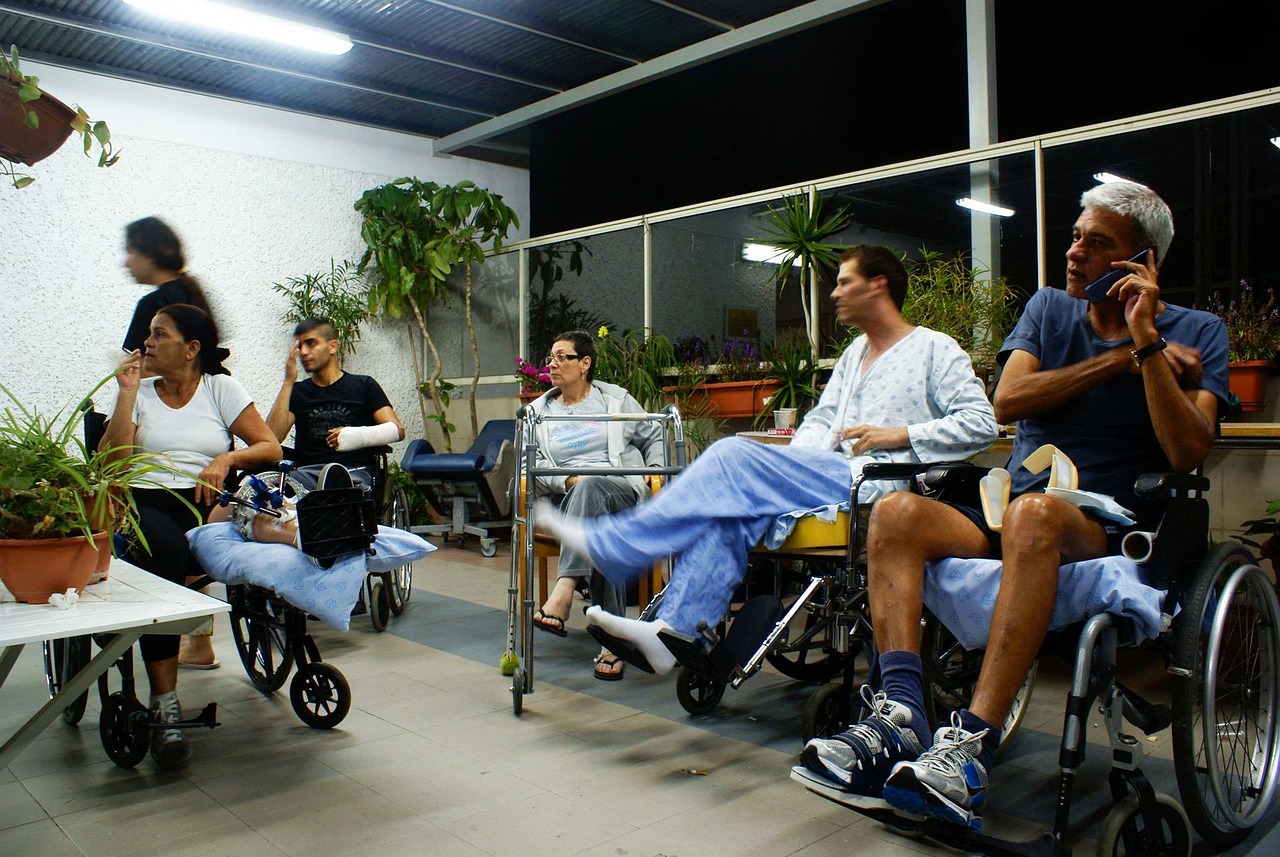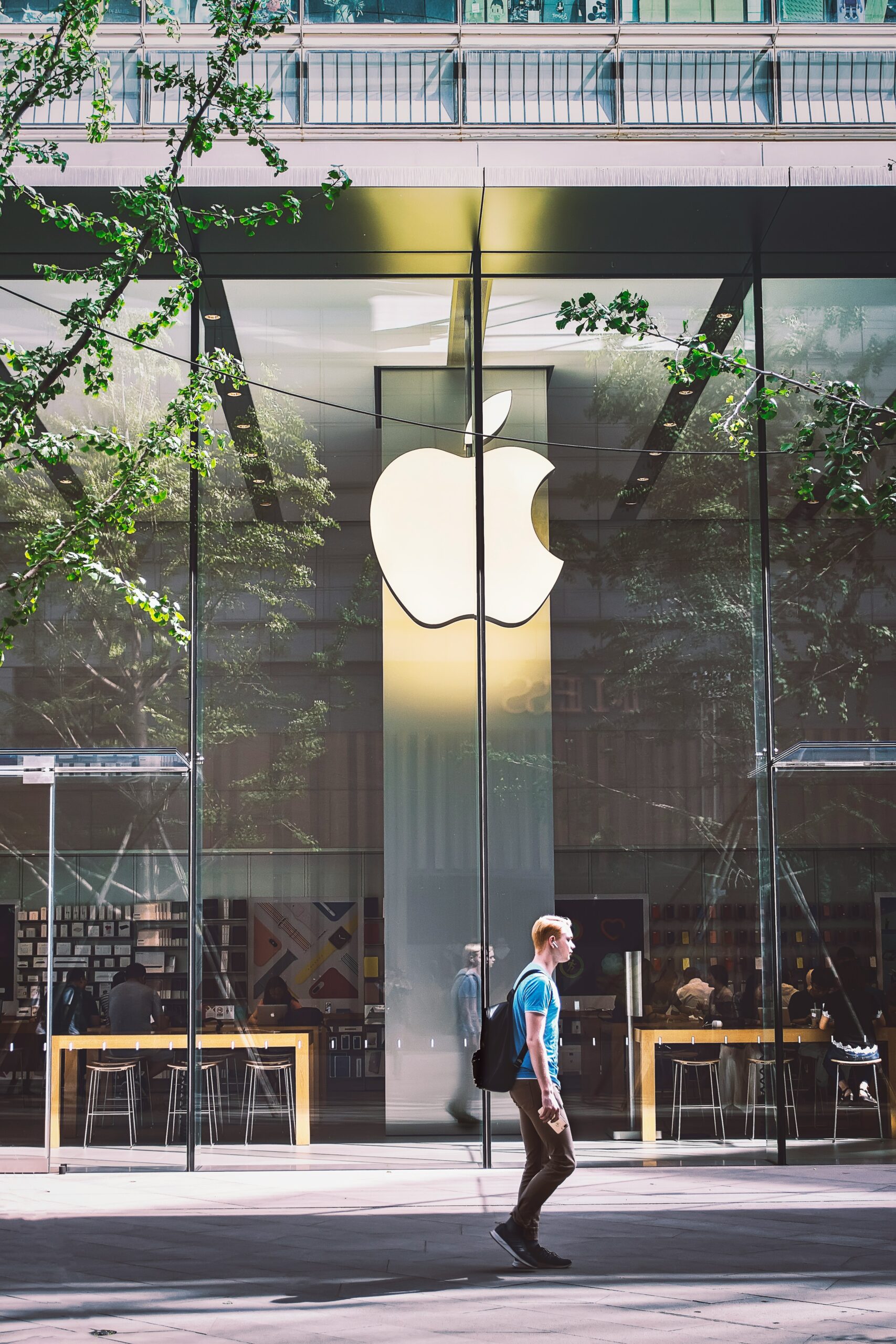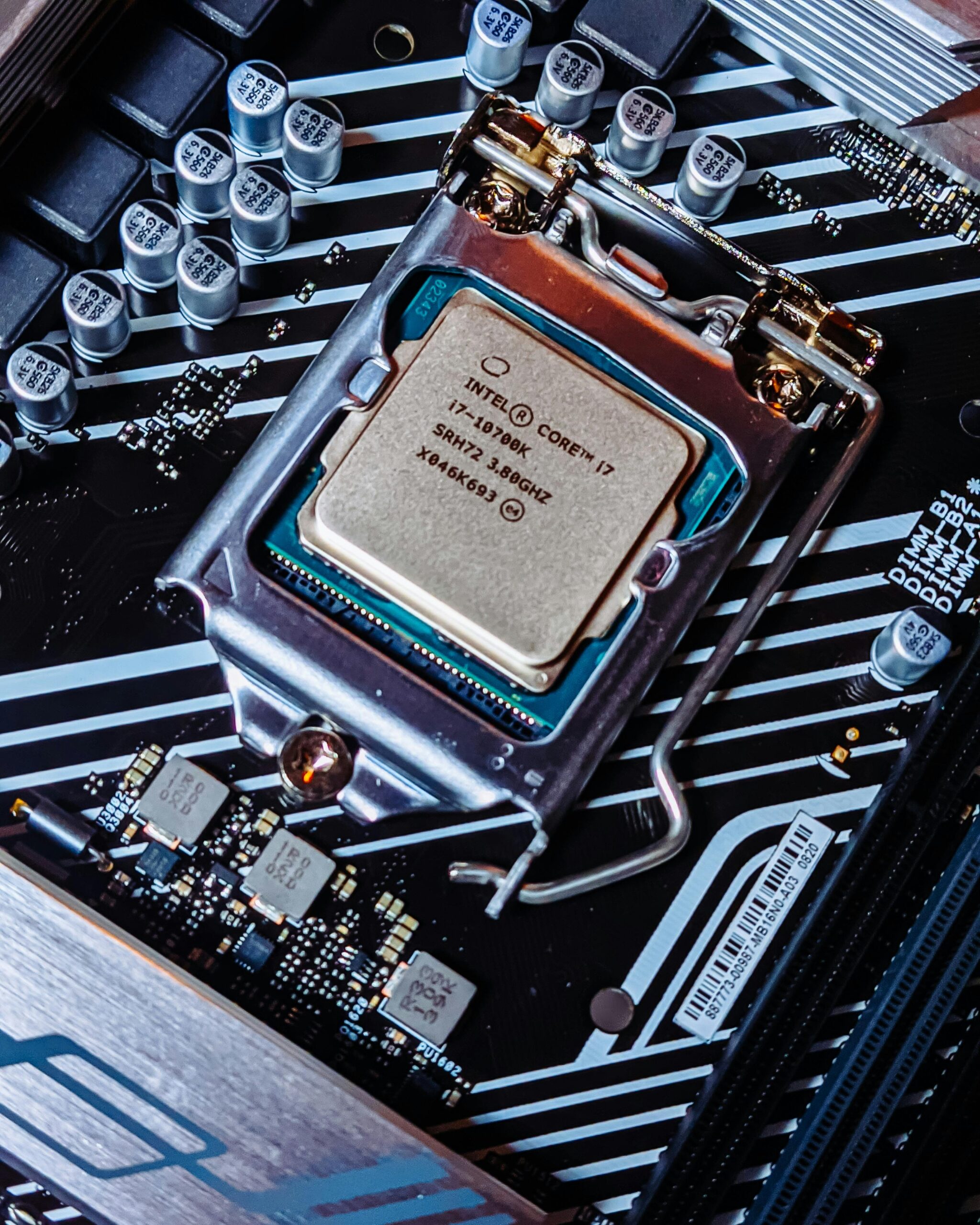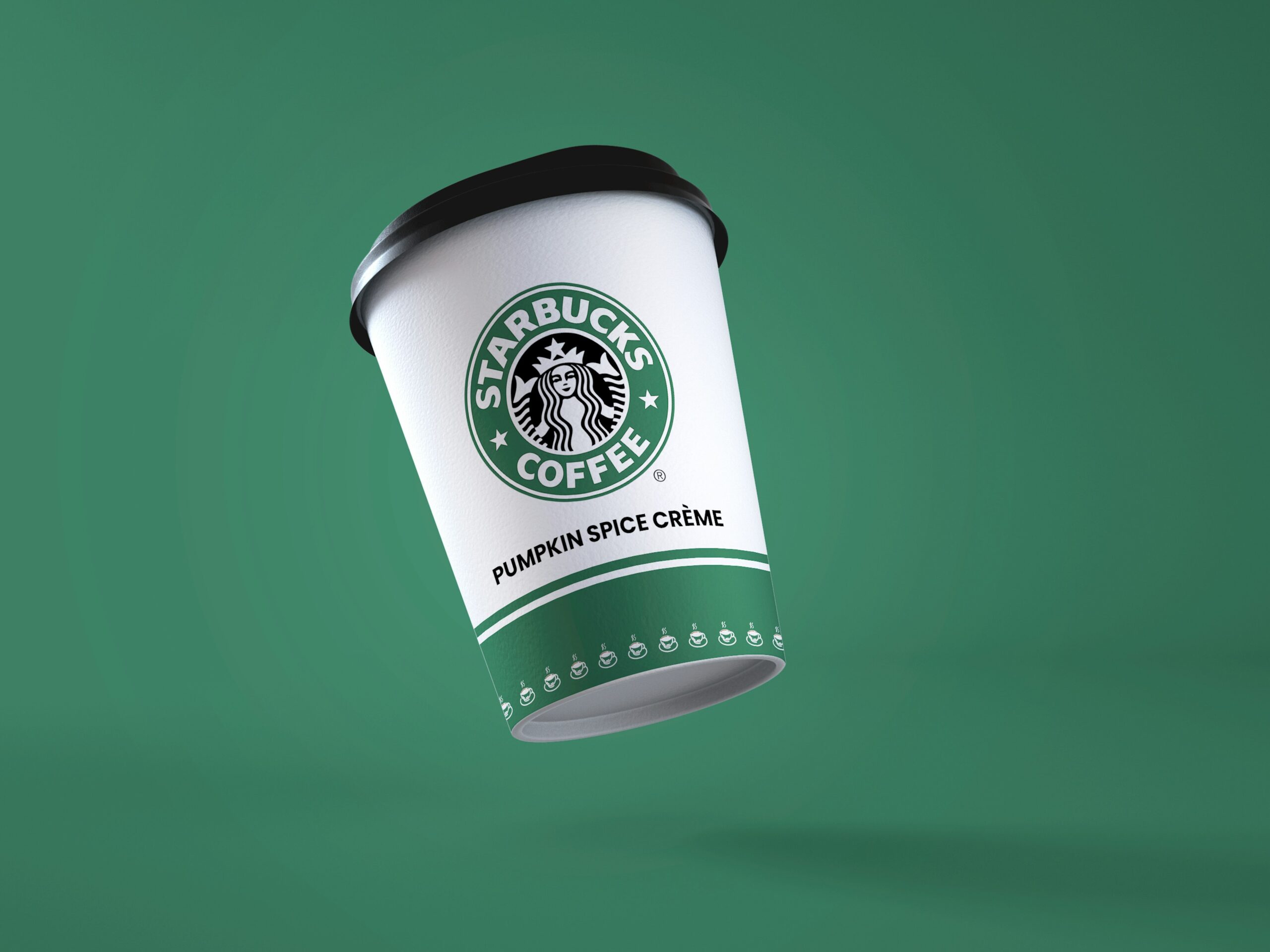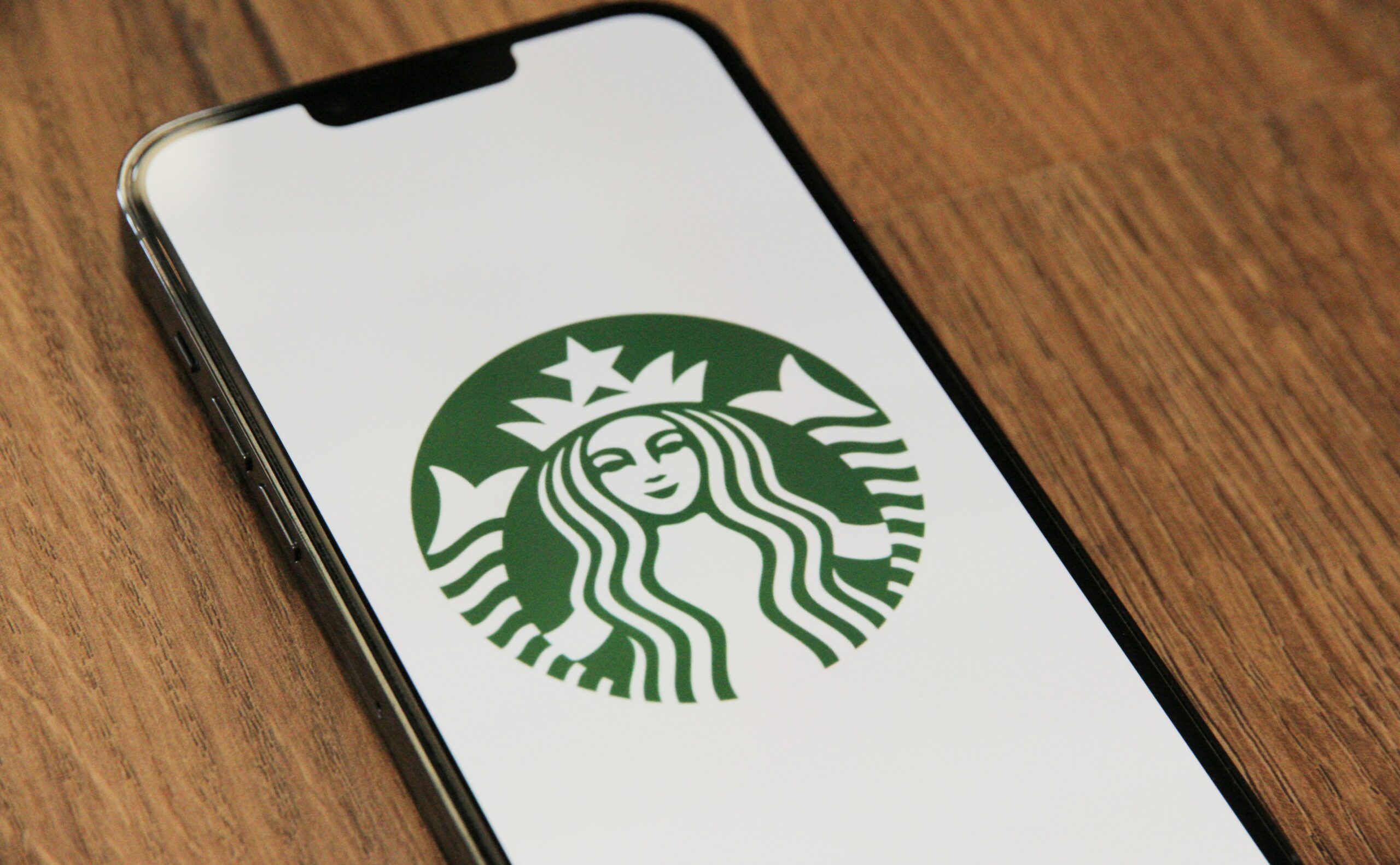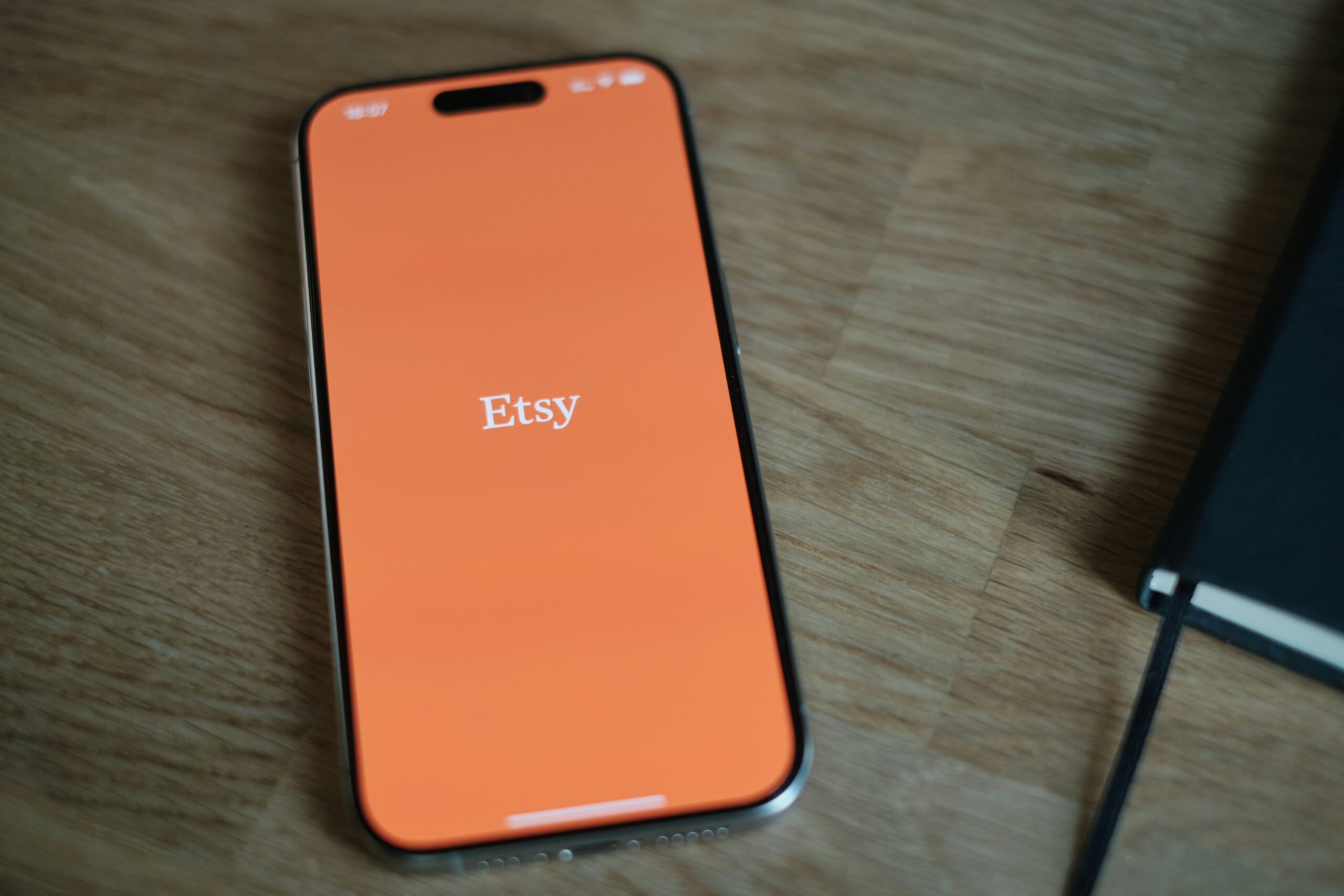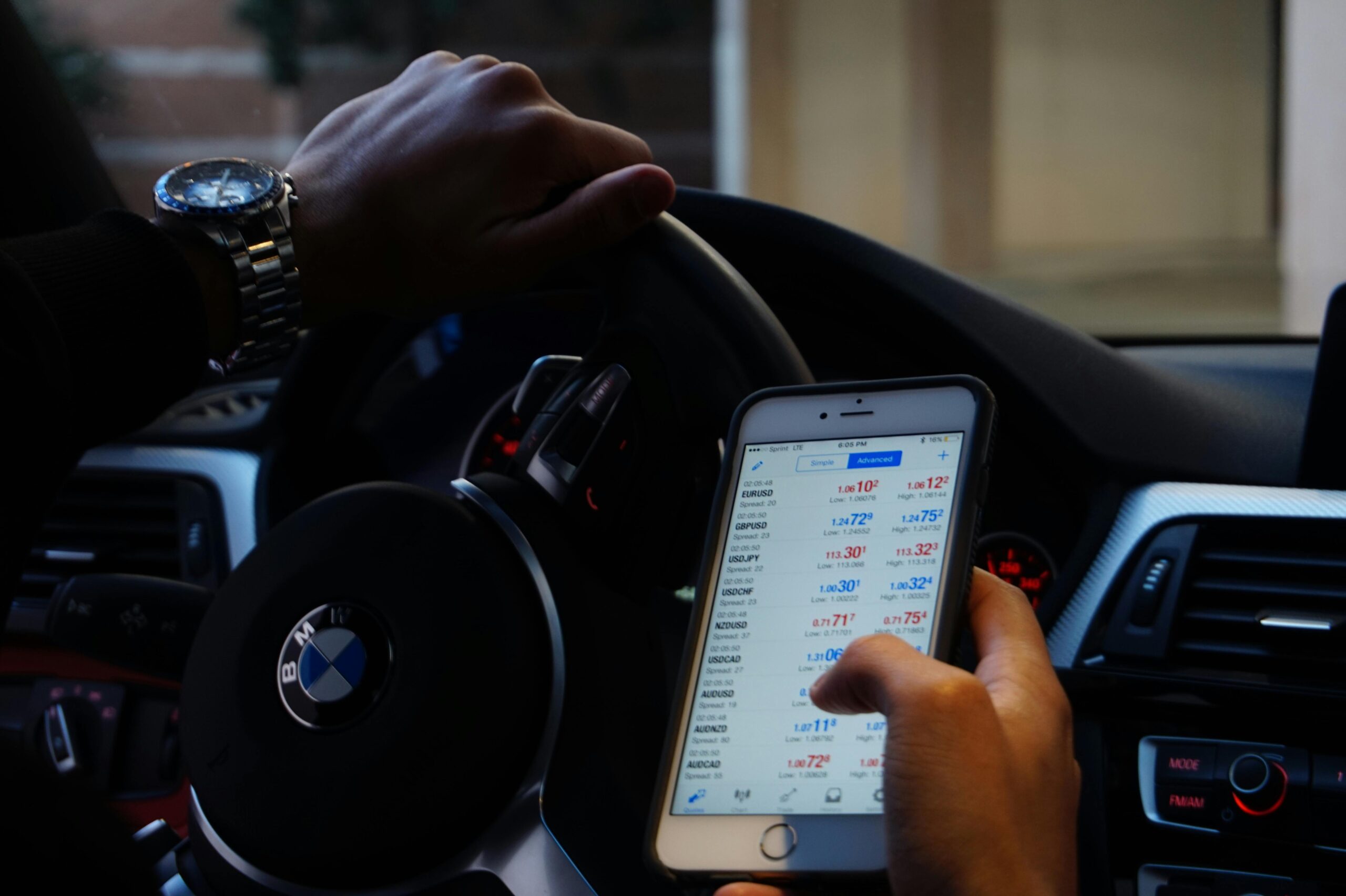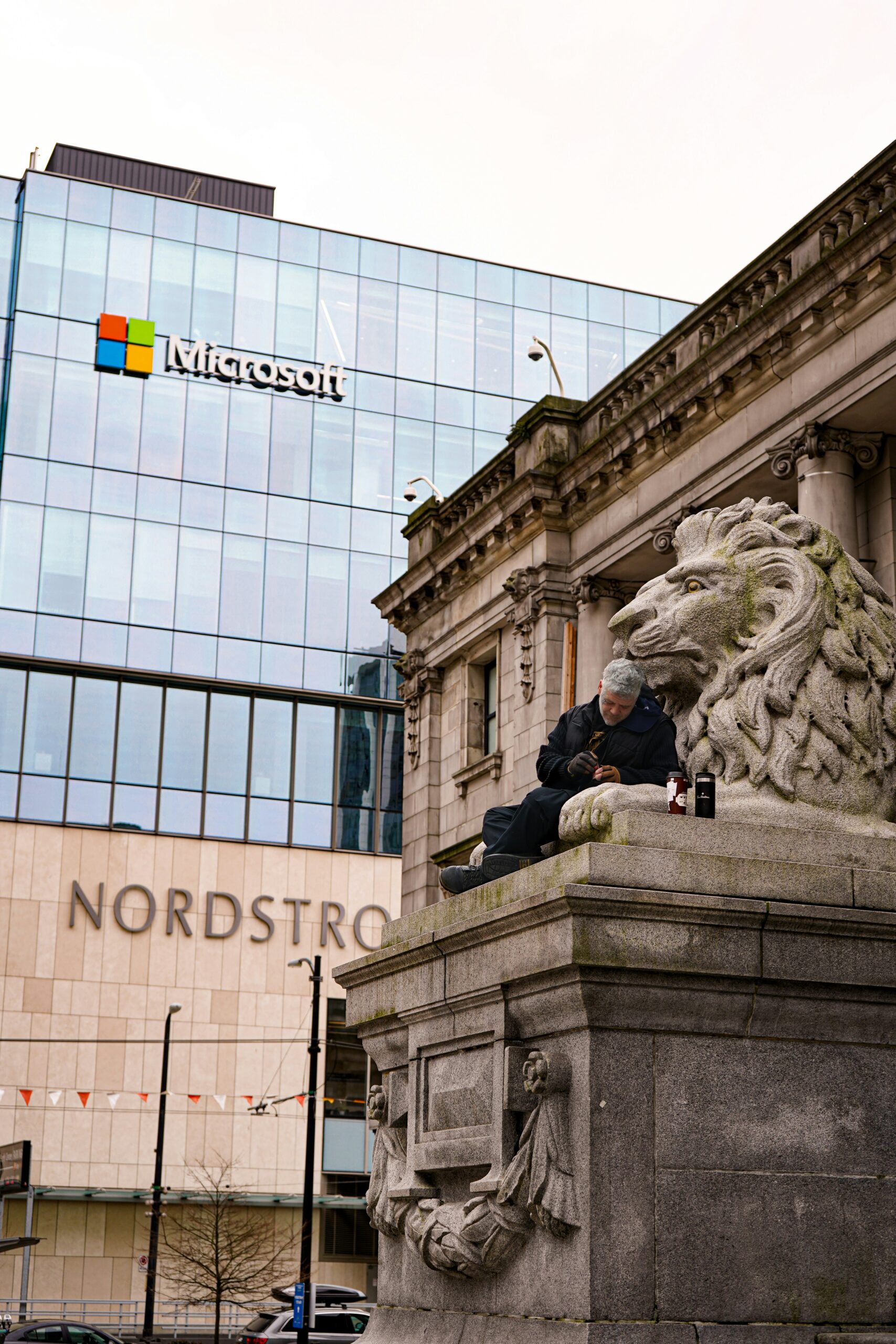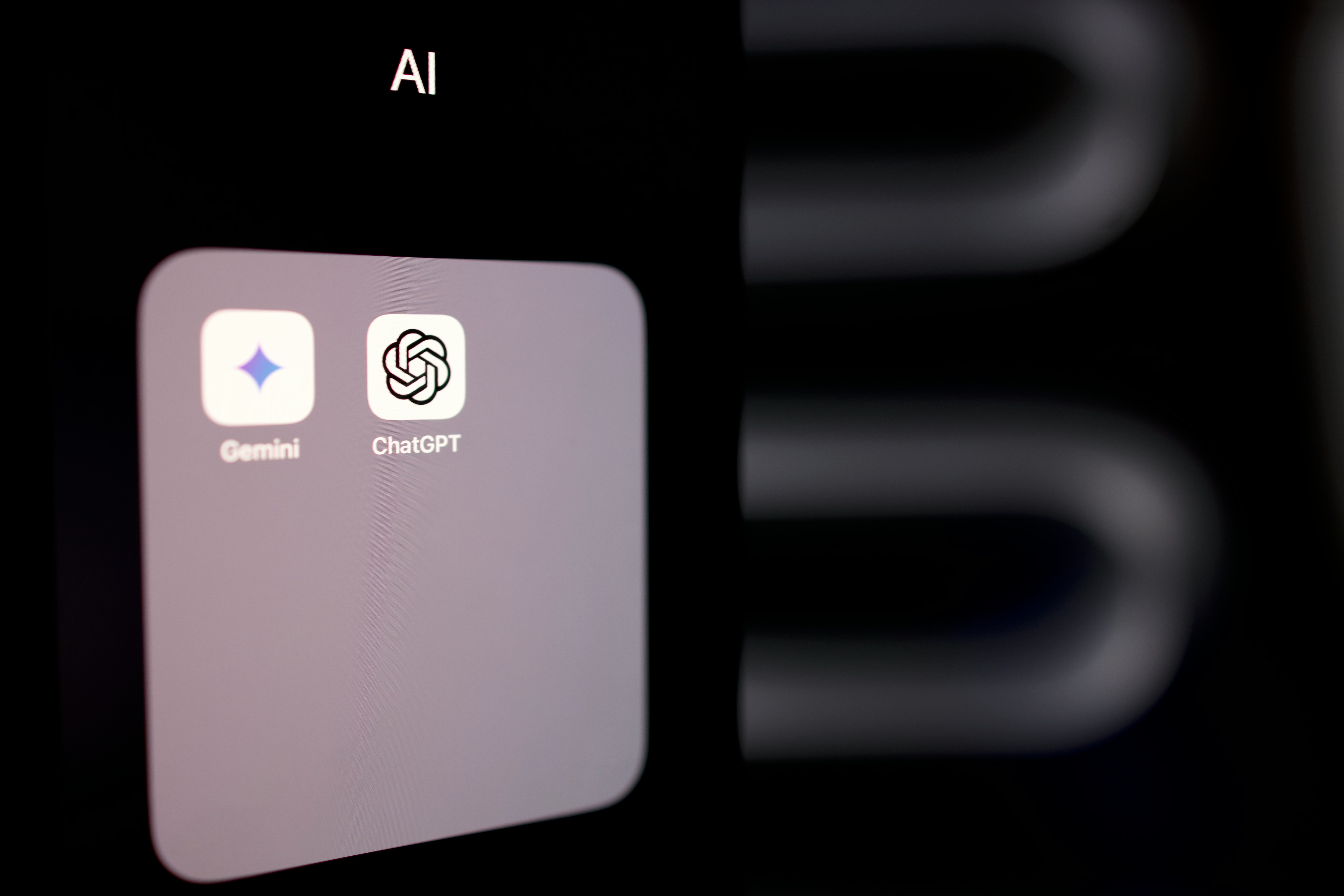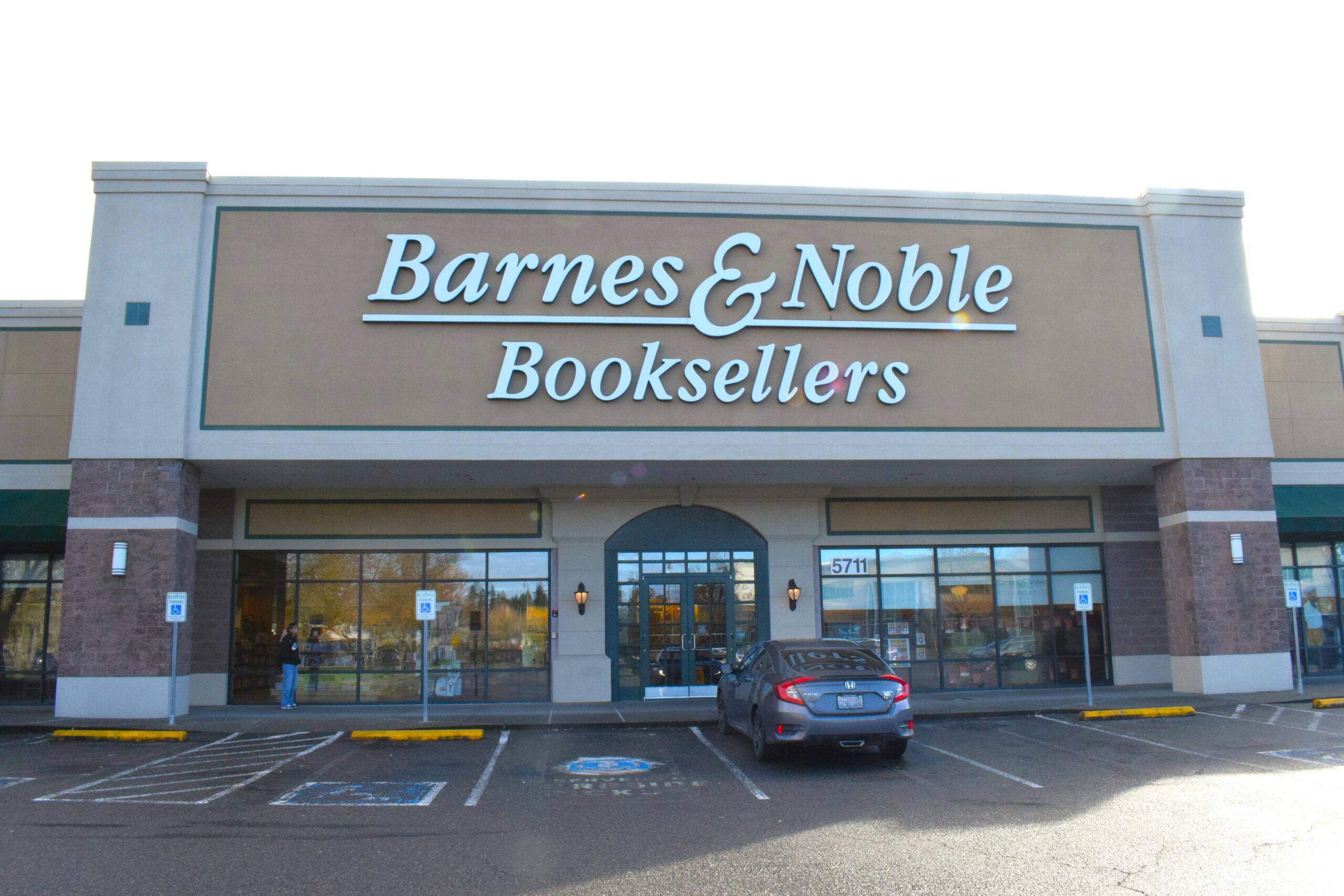Image credit: Unsplash
In the business world, acquiring new customers is expensive. Ideally, you want your current customers to keep purchasing from your brand. Loyalty reward programs are an effective means of encouraging repeat buyers. These programs keep customers engaged with your brand while attracting more revenue.
Unfortunately, traditional loyalty programs aren’t well-managed. This can cause frustrations for businesses and customers alike. Often, they need more security and transparency, confusing redemption processes, and flexibility. By adopting blockchain technology, brands can streamline the rewards programs to keep customers happy–and coming back.
Smart Contracts Streamline the Process
Blockchain technology is a crucial feature for streamlining reward programs. It’s called smart contracts. These digital agreements are on the blockchain. They include specified terms and conditions embedded in the code.
As a result, these customizable contracts are highly adaptable. For example, it’s easier to offer rewards based on factors such as changes in customer interest or seasonal trends. Therefore, there’s no need for any manual intervention or intermediaries. This automated process for reward distribution reduces operational costs and administrative overhead.
Customers benefit from having a frictionless experience that encourages more engagement with your business.
Transparency Builds Customer Trust
It’s well-known that customers prefer doing business with brands they know, like, and trust. Trust is a huge factor when it comes to reward programs. For instance, it’s typical for customers to discover balance discrepancies with traditional systems. These mishaps can result in feelings of distrust toward the company.
Blockchain resolves these trust-related issues due to its decentralized nature. The technology functions like a digital ledger by tracking every reward transaction. This feature allows all parties involved to review transactions in real time. These include loyalty rewards and points, redemption history, and balances. The ability to see this activity enhances the trust factor among shoppers.
Blockchain Offers Optimal Security
Legacy reward programs face security pitfalls, including genuine concerns about data breaches and fraud. Blockchain does a better job protecting loyalty rewards and customer data. Because the technology is decentralized, data breaches and cyber-attacks are less likely to occur.
Blockchain loyalty programs give customers more peace of mind. They feel more confident knowing their personal information is secure. Additionally, their loyalty points won’t be counterfeited or manipulated. These factors can strengthen the connection customers have with your company.
Blockchain Makes Reward Partnerships Easier
Many loyalty programs need more flexibility. They function in silos that limit how and where customers can redeem their rewards. Often, customer rewards get locked into one brand’s ecosystem. This system can cause your program to lose value in the eyes of the consumers.
Blockchain eliminates these restrictions. The technology makes cross-industry partnerships and interoperability easier. This feature is beneficial for both businesses and customers.
With blockchain, businesses aren’t confined to one brand or industry. You can enter into partnership agreements with various brands offering various redemption options. “We can really facilitate the whole partnership process,” says Gabriele Giancola, Council Member of the qiibee foundation. This organization specializes in making loyalty rewards more liquid and accessible through blockchain technology.
Giancola can bring down 99% of the cost associated with partnership integration. Additionally, the process can be completed in a few minutes or days in many cases. His blockchain-based rewards marketplace makes it easy for businesses to connect.
The ability to do this gives shoppers more freedom when using their points. For example, a rewards member can take the points earned from a hotel chain and use them to buy from partnering retail stores or airlines. This fluid interaction enables consumers to consolidate or exchange points across platforms and brands. This characteristic creates a customer-friendly experience that raises the perceived value of your loyalty rewards program.
Blockchain Brings Needed Change to Reward Programs
Blockchain offers unique opportunities to improve loyalty rewards programs. Specifically, the technology streamlines the process, provides greater transparency, enhances security, and simplifies partnering with brands across any industry. The combination of these capabilities helps companies build stronger customer loyalty.













